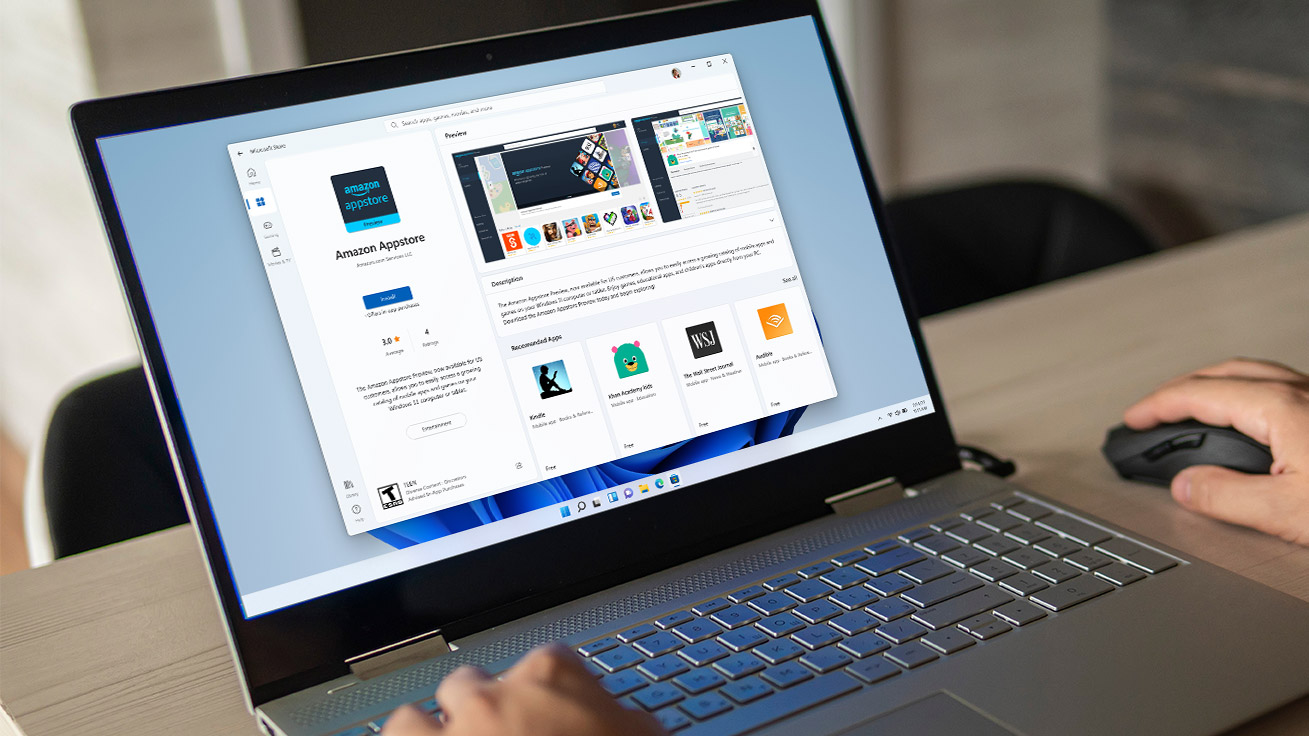Windows 11 is apparently less popular than Windows XP
New report makes explosive Windows 11 claim

There are more PCs running Windows XP than systems which have adopted Microsoft’s latest Windows 11 operating system, a new report focusing on business PCs has claimed.
Granted, in both cases the percentages are very low, but findings from Lansweeper, an IT asset management company, show Windows XP was found to be on 1.71% of the PCs surveyed, compared to just 1.44% which have shifted to Windows 11.
That seems like a pathetically low figure for an operating system which was released some six months ago, but at least the percentage has ticked up a bit faster since the start of the year, given that Windows 11 market share was just 0.52% in January 2022, Lansweeper says.
Windows 11 vs Windows XP - really
The crux of the matter in many cases is that PCs don’t meet the minimum system requirements for Windows 11. Lansweeper observes that 55% of devices are not compatible with Windows 11, and a major sticking point is TPM, with almost half of workstation TPMs (47%) failing to meet requirements (or the system’s TPM wasn’t enabled).
Indeed, both Windows 7 (on 4.7%) and Windows 8 (still being used by 1.99%) were more popular than Windows 11. As you might guess, Windows 10 was by far the most-used OS in the survey, being run on 80.3% of machines.
Analysis: Sluggish adoption is a wider theme for Windows 11
Windows 11 is not faring well in the business world, it would seem – and indeed that’s putting it mildly, going by these stats. However, this is just one report, and as is always the case with statistics, it’s not wise to put too much stock in just a single source.
There are problems with Windows 11 adoption, though, as we’ve seen more widely. Indeed, as Lansweeper points out, the major issue is that companies may have to look at buying entirely new hardware – in difficult economic times – to meet Windows 11’s system requirements, and in particular the stipulation for TPM 2.0 to ensure better security.
Are you a pro? Subscribe to our newsletter
Sign up to the TechRadar Pro newsletter to get all the top news, opinion, features and guidance your business needs to succeed!
Furthermore, it’s fair to say that Windows 11 is not hugely different to Windows 10 in many ways, and Windows 10 remains supported until 2025 – so there’s no big rush to start planning an OS migration strategy when there’s still a good deal of road left in terms of full support and updates.
Windows 11 uptake hasn’t been that speedy in the broader consumer environment, too – albeit not nearly as dire as this latest report – and mainly for reasons around compatibility in a similar vein.
Figures from AdDuplex show a 19% market share for Windows 11, but that appears to have stalled of late, and gaming adoption on Steam is even slower at just under 17%. Tellingly, in the latter case, gamers moved to Windows 10 twice as fast as they’re doing with Windows 11.
Things are looking a little lackluster for Windows 11 all-round, then, and it feels like adoption will be a slow-burning affair going forward.
Darren is a freelancer writing news and features for TechRadar (and occasionally T3) across a broad range of computing topics including CPUs, GPUs, various other hardware, VPNs, antivirus and more. He has written about tech for the best part of three decades, and writes books in his spare time (his debut novel - 'I Know What You Did Last Supper' - was published by Hachette UK in 2013).